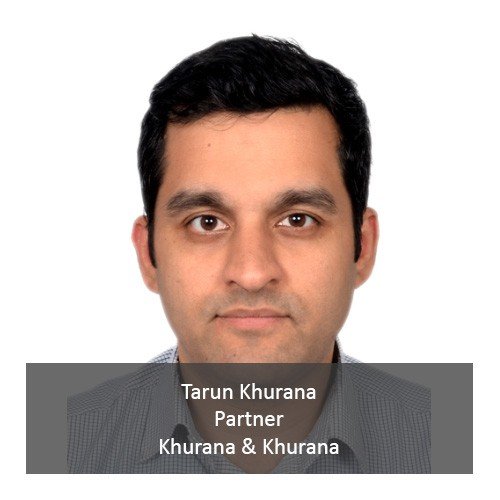India jumps 41 notches from 2015 in 2022 Global Innovation Index
03 November 2022

From its 81st spot in the Global Innovation Index (GII) in 2015, India climbed the rankings to reach 40th position in the GII 2022, recently released by the World Intellectual Property Organization.
India’s 2022 ranking puts the country at the top of the lower middle-income economy bracket in terms of innovation performance, followed by Vietnam and the Islamic Republic of Iran. It also marks the first time the country has entered the Top 40 circle in the annual innovation index which ranked 132 countries.
India was ranked 46th in 2021.

According to Tarun Khurana, partner at Khurana & Khurana in New Delhi, India’s performance in the GII 2022 can be attributed to an exponential increase in the number of startups focusing on diverse problems, the huge influx of funding for startups since 2019 and the significant increase in the number of filings for intellectual property protection including patents.
“The progress is further contributed to by significant increase in the number of patents and other forms of IP by various Indian entities including academic entities and established brands/entities who are motivated to file for an increasing number of applications for better rankings along with startups and mid-size entities who not only get financial support for filing patent applications but are also able to substantiate such filings as part of their valuation pitch statements and product commercialization strategies,” said Khurana.
“Furthermore, the Indian government has also been heavily investing in making India an innovation-driven economy as part of the Make in India drive, which is evidenced by the innovation boom, for instance, in the fintech, infrastructure, EV, software, telcom, among other such verticals,” Khurana added.
Launched in September 2014, Make in India aims to encourage enterprises to develop, manufacture and assemble products made in India.
The GII ranges the countries using the following parameters: Institutions, Human Capital and Research, Infrastructure, Market Sophistication, Business Sophistication, Knowledge and Technology Outputs and Create Outputs.
WIPO’s report on the GII 2022 states that India, however, scored below average under the Infrastructure parameter.
Several factors account for this, according to Khurana. Among these are the skills and mindset of employees which has to be more professional, focused and thorough so they can come up with out-of-the-box solutions.
Another is mentorship which is still at its infancy in India.
That India is predominantly a services economy is also another factor. There is little incentive for companies to focus on core innovation and comprehensive R&D as part of their growth.
Lastly, Khurana said India’s Tier-2 cities which make up 80 percent of the country, don’t have enough incubation centres.
“The overall infrastructure needs a major overhaul,” said Khurana.
- Espie Angelica A. de Leon






